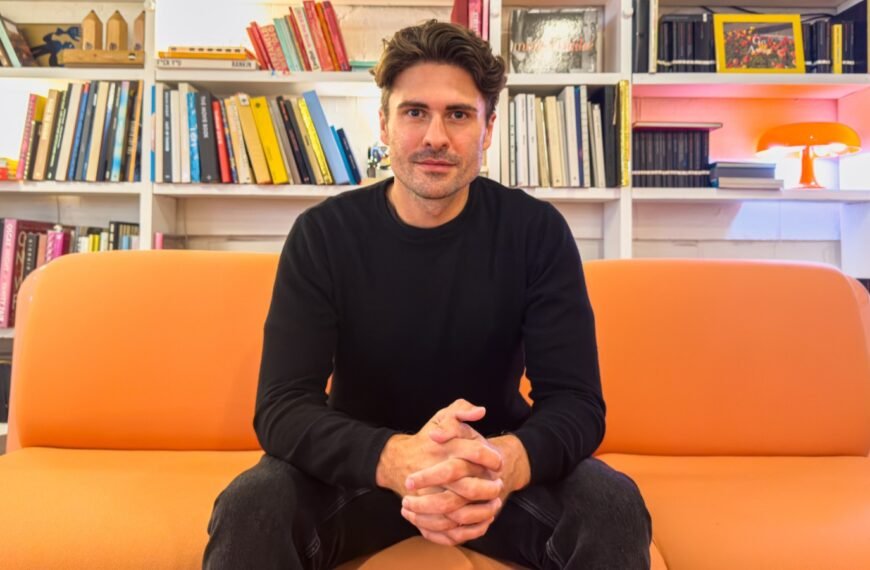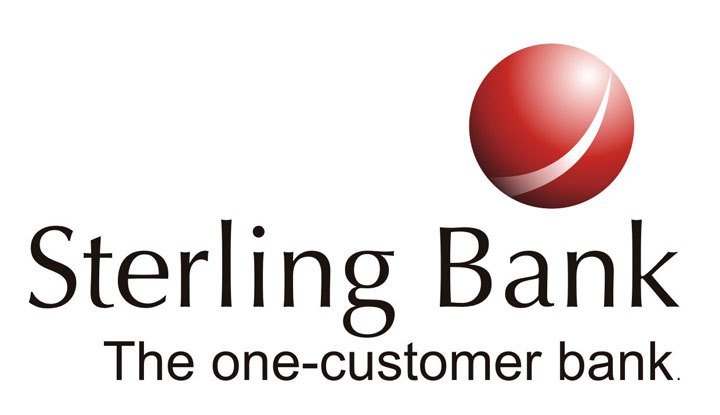Uber Technologies Inc. is already delivering billions of dollars’ worth of food for local restaurants. Soon it could be taking over their kitchens, too. The ride-hailing giant is testing a program where it rents out fully equipped, commercial-grade kitchens to serve businesses selling food on delivery apps like Uber Eats.
Last year, Uber’s food delivery team began quietly leasing real estate in Paris, according to a person familiar with the project. It has been stocking the space with ovens, refrigerators, sinks, stoves and other appliances, and renting them out to restauranteurs planning eateries that cater exclusively to delivery customers, said the person, who asked not to be identified because the pilot program hasn’t been disclosed publicly.
While the “virtual restaurants” program is early, the undertaking would put Uber in direct competition with a business owned by its polarizing co-founder and board member, Travis Kalanick. The former Uber chief executive officer, who was ousted after a series of scandals, has largely tried to keep his second act under wraps. He hasn’t granted interviews to reporters since taking over a real-estate company, City Storage Systems. But as his startup expands its main business of renting kitchen space, it’s becoming harder to hide.


Kalanick is plotting an aggressive growth strategy to support the burgeoning kitchen rental service, called CloudKitchens, people familiar with the plans said. He has been hiring former employees from Uber and drawing the company’s attention in the process. Uber issued a warning to Kalanick last year, instructing him not to recruit its staff, two of the people said. As Uber approaches an initial public offering and considers changes to its board, the potential competitive threat from Kalanick could throw his directorship at Uber into question.
The existence of Uber’s virtual restaurant project, the confrontation with Kalanick and many of the details around his new venture haven’t been previously reported. An Uber spokesman declined to answer questions about the pilot program but played down the conflict with Kalanick. “It’s been encouraging to see all the innovation happening in the food space—particularly how commercial kitchens have made it easier for restaurants to get started,” the spokesman wrote in an email. “The more restaurants there are, the more selection Uber Eats customers can enjoy, and we believe that the growth of CloudKitchens and others like it will be great for both the food industry and for consumers.”
A spokesman for City Storage Systems, also known as CSS, said Uber was instrumental in helping get its kitchen-rental business off the ground and that more than 90 percent of tenants offer their fare through Uber Eats. “CSS is proud to develop real estate for the food industry at large, and Uber is an important partner in that effort,” the spokesman said.
Kalanick led Uber for seven years, transforming it from a startup directing a small fleet of black cars in its hometown of San Francisco to a global transportation network connecting millions of people with drivers and dinners on demand. But Kalanick made a series of disastrous errors, which included spearheading a deal that led to a trade-secrets lawsuit, overseeing an office culture defined by its HR violations and engaging in a heated argument on camera with a longtime Uber driver. Kalanick made his financiers very rich by building Uber into a business valued at about $70 billion, but some of those investors forced his resignation as CEO in 2017 after the protracted period of turmoil.
It didn’t take him long to stage a comeback. Less than a year later, Kalanick purchased a controlling stake in City Storage Systems for $150 million. The company buys buildings or plots of land, making a bet that the gig economy will forever alter the value of real estate in major cities. Kalanick particularly embraced one business idea, for so-called smart kitchens. It would allow people to open pseudo-restaurants when they couldn’t otherwise afford a location of their own or where doing so would be impractical. After Kalanick unveiled the effort, Uber CEO Dara Khosrowshahi praised it on Twitter as a “super-interesting partner of Uber Eats today.”
SOURCE : Bloomberg














